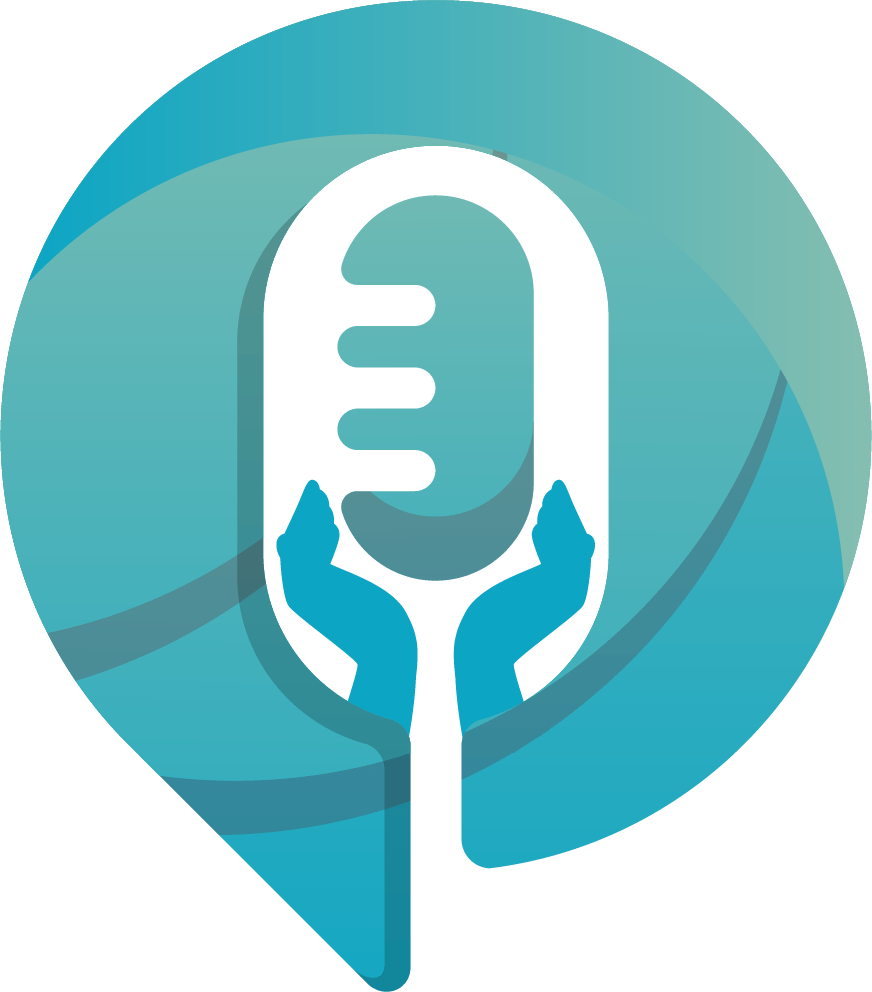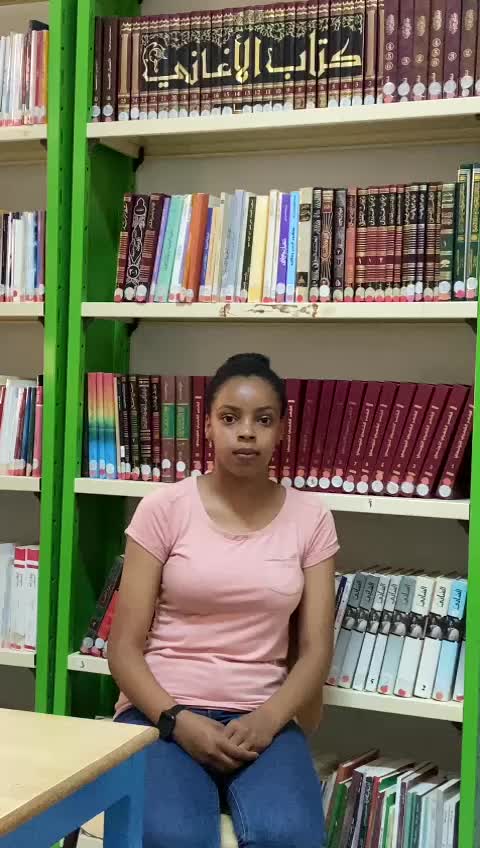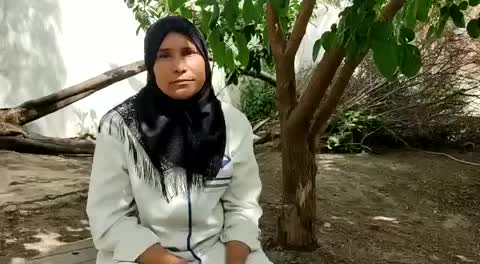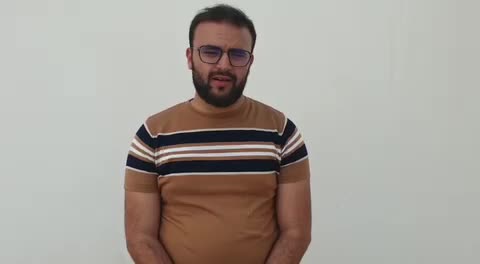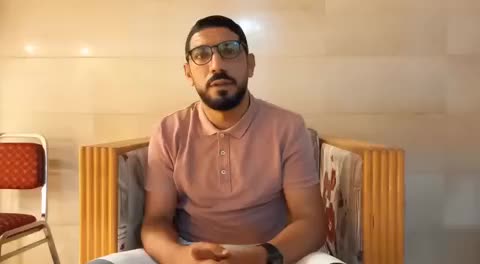2022-05-28 - 2022-06-27
The right to education
The General Comment No. 13 of the United Nations Committee on Economic, Social and Cultural Rights defines the right to education as: “The principal instrument by which economically and socially marginalized adults and children can lift themselves out of poverty and have the means to participate fully in their societies. According to the General Comment NO. 13 of the UNCESC, education is both a human right in itself and an indispensable means of realizing other human rights. As an empowerment right, education is the primary vehicle by which economically and socially marginalized adults and children can lift themselves out of poverty and obtain the means to participate fully in their communities. Under Tunisian law, all children have the right to education in accordance with chapter 39 of the 2014 constitution, which guarantees compulsory education up to the age of 16. Nevertheless, Tunisia's education sector is experiencing a severe decline in the quality of the educational system. Tunisia now ranks 84th globally and seventh in the Arab world according to the education quality index of 2021, even though Tunisia used to be the top Arab country. In addition, there is a significant spread of early drop-outs reaching 78 thousands in the late 2019-2020, according to the ministry of Education. The reasons behind this spread are rooted in automatic, legal, familial and societal factors, which are also linked to the deterioration of social, economic and health standards. While other factors can be linked to breaches and shortcomings within the educational system and the school environment. Since education is a fundamental human right, a group of young people gather again in the third episode of the podcast "Maydan Munathara" to discuss the extent to which the Tunisian citizen enjoys the right to education.
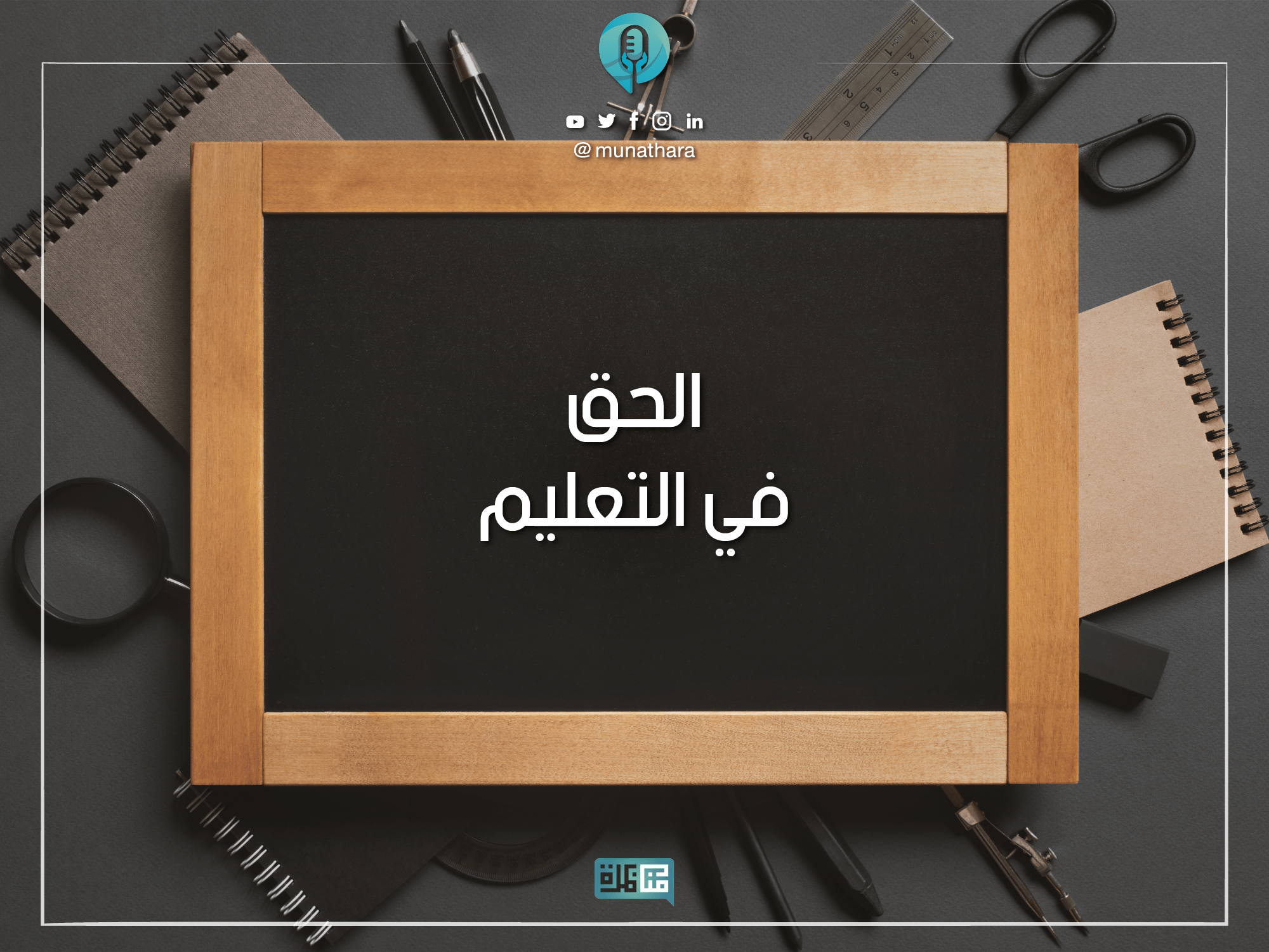
Winner


